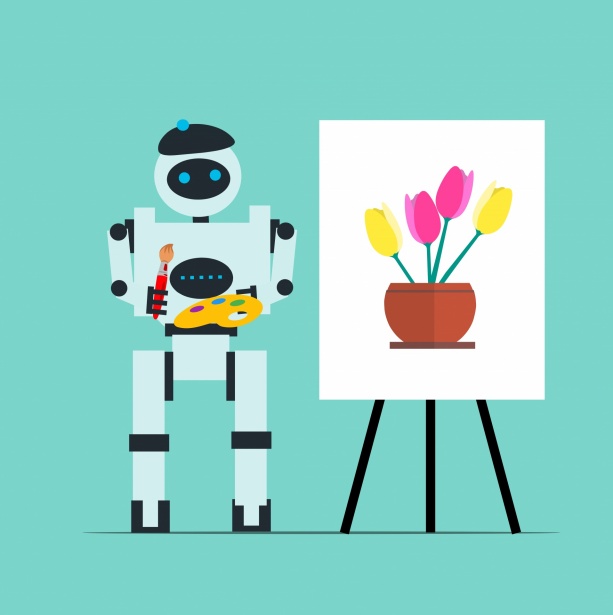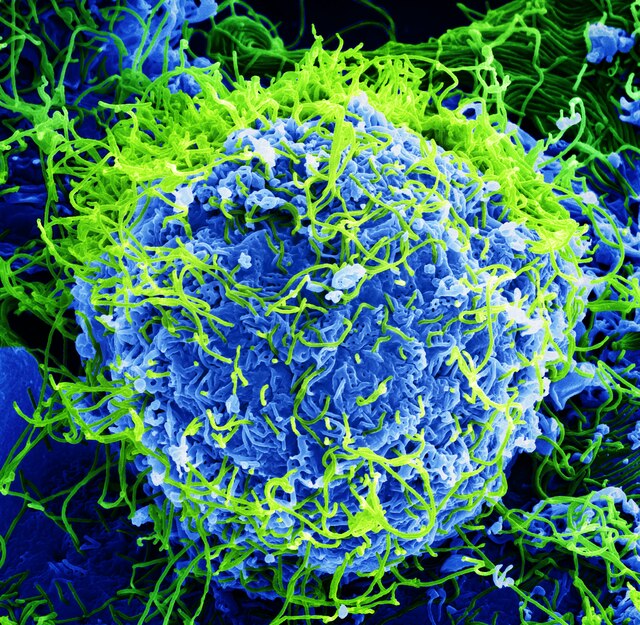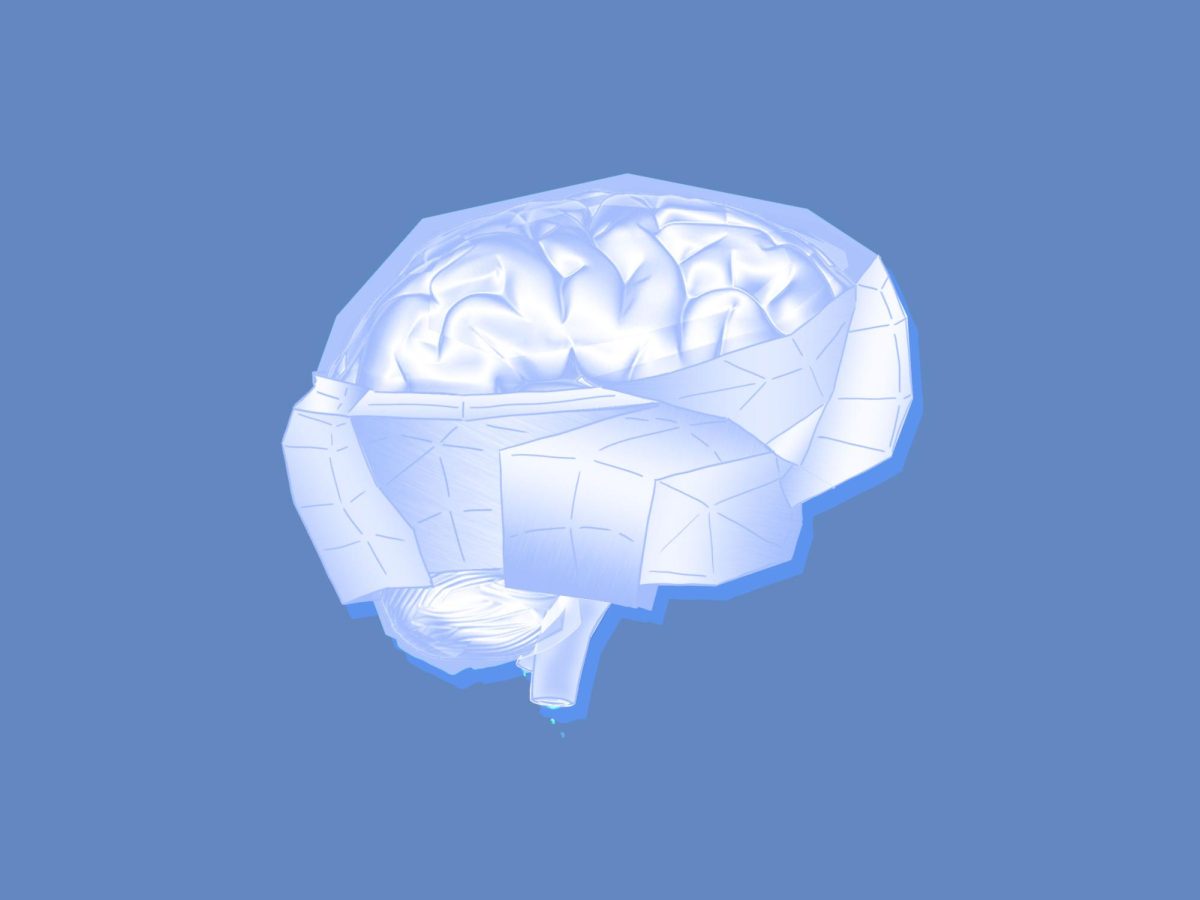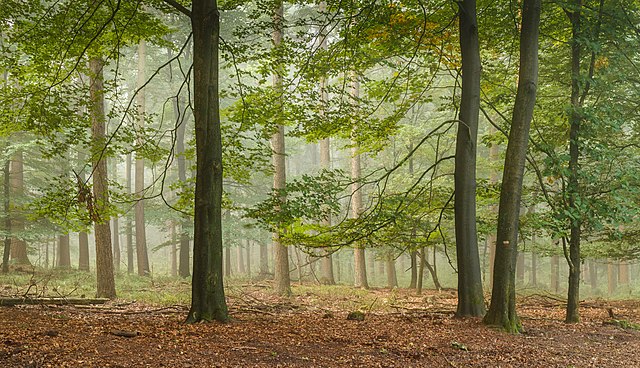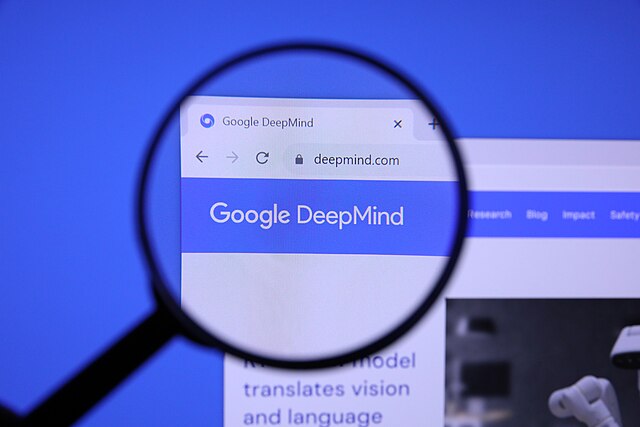On Aug 18., United States District Court Judge Beryl A. Howell ruled that artwork created by artificial intelligence without a human creator cannot be copyrighted. Howell upheld in her decision that “human authorship is a bedrock requirement of copyright.”
The lawsuit arose after Plaintiff Stephen Thaler, a computer scientist and inventor of the
Creativity Machine(R) Paradigm, applied for a copyright license from the United States Copyright’s Office pertaining to the 2012 artwork “A Recent Entrance to Paradise” generated by his own “Creative Machine” program. The office repeatedly rejected his request, resulting in Thaler suing the agency’s director.
This is the first ruling that established legal limitations on protections for AI generated works. Despite the fact the case was not complex, since Thaler admitted that he did not have any input in the creative process, it still raised bigger questions for copyright laws as artists start to incorporate AI into their artworks.
There are still many pending cases that will challenge the legality of AI generated works. In July, a class action lawsuit was filed against OpenAI and Meta for using artists’ copywritten material to replicate as part of training their language learning programs. A group of programmers teamed with Joseph Saveri Law Firm to file a class action lawsuit against the companies Stability AI and GitHUb over scraping copyrighted material from the internet.
Thaler argued in his motion for summary judgement that permitting AI as an eligible author in copyright would achieve the law’s purpose of promoting art in the public sphere.
This year, the Copyright’s Office published guidelines for AI artworks that require applicants to indicate which parts were created by a human and an algorithm.
Amid losses in the U.S. court system, Thaler also applied for patent protections in other countries such as Australia, United Kingdom, South Africa and Saudi Arabia.
Thaler’s attorney, Ryan Abbott, stated that they disapprove of the court’s ruling and will file for appeal, according to Bloomberg Law.
The Copyright’s Office said in a statement that it “believes the court reached the correct result,”.


